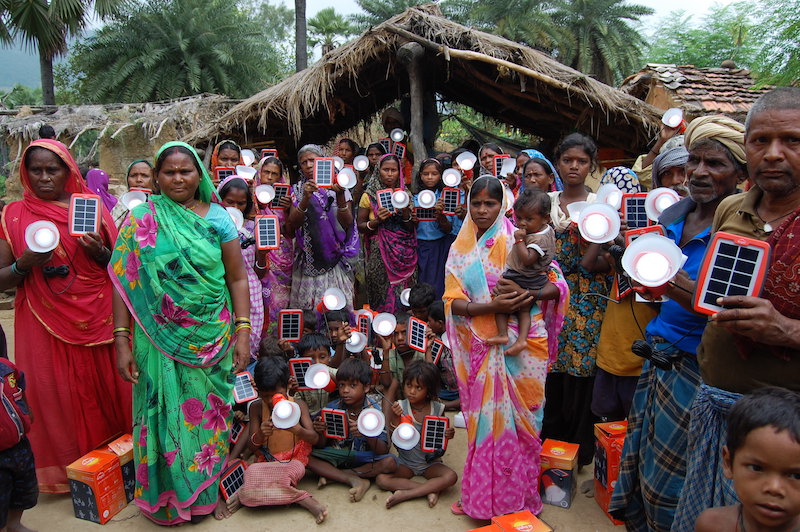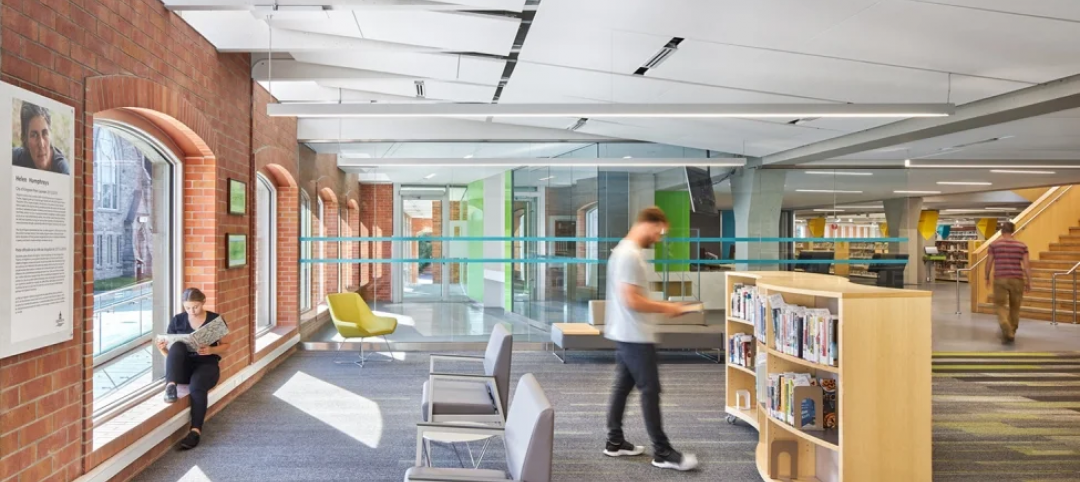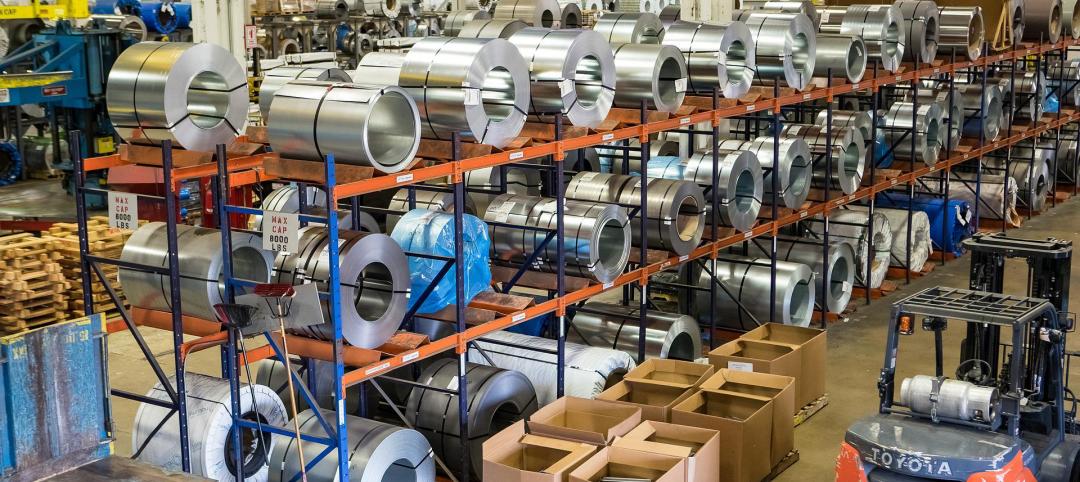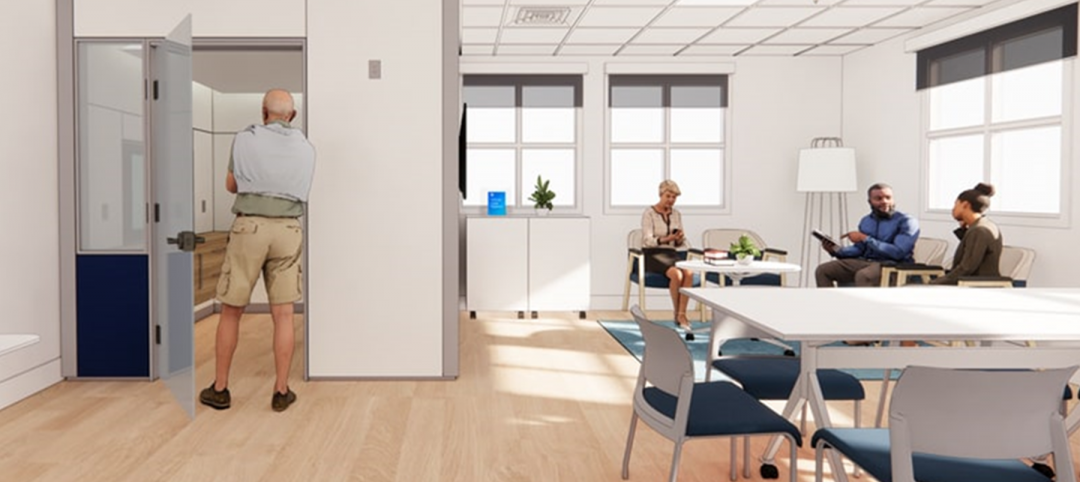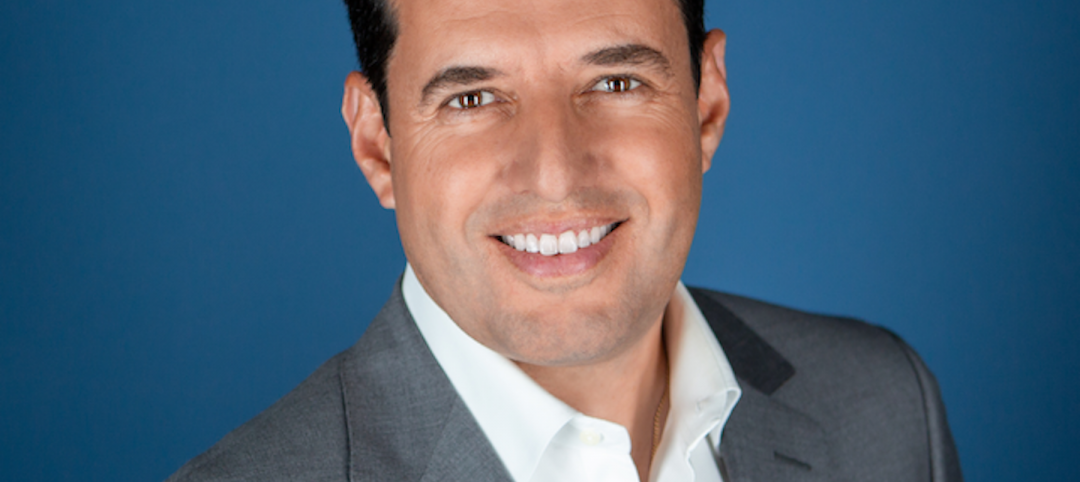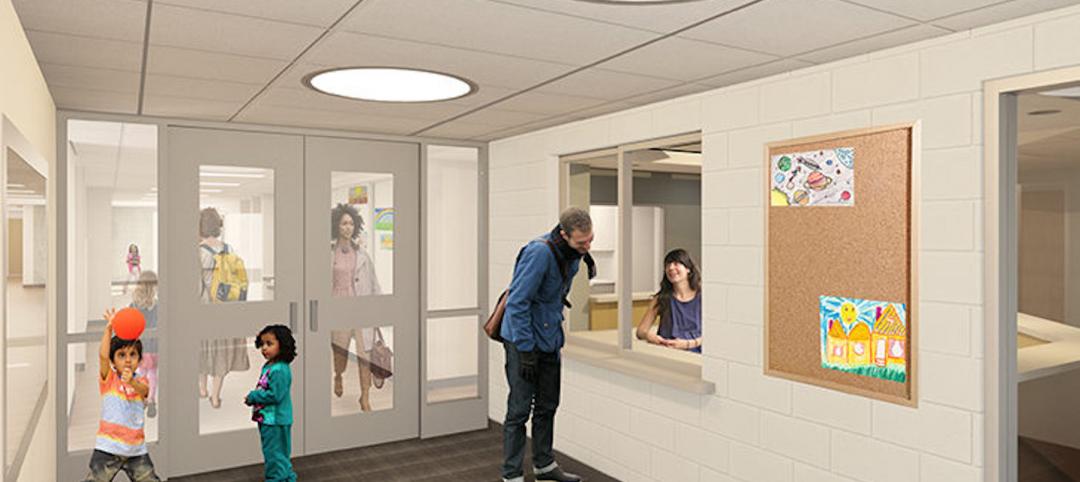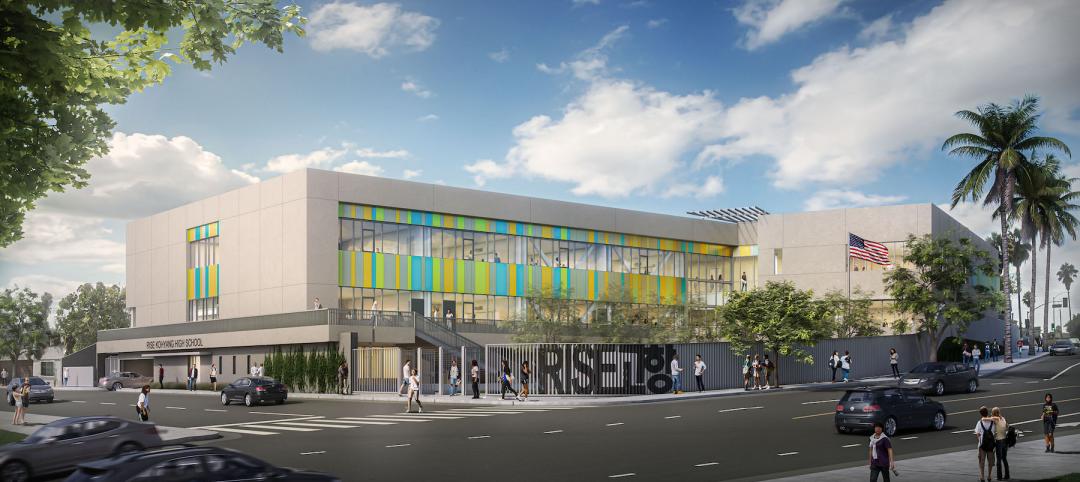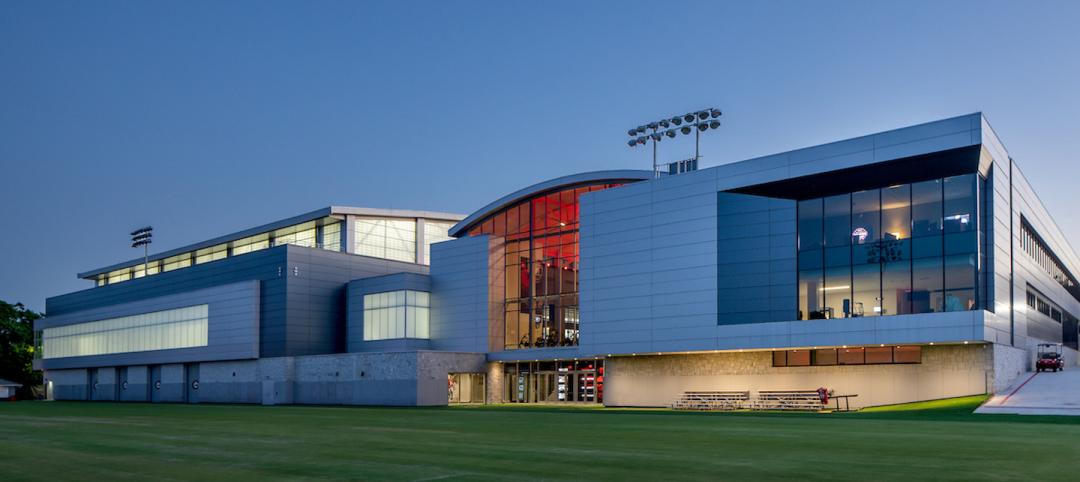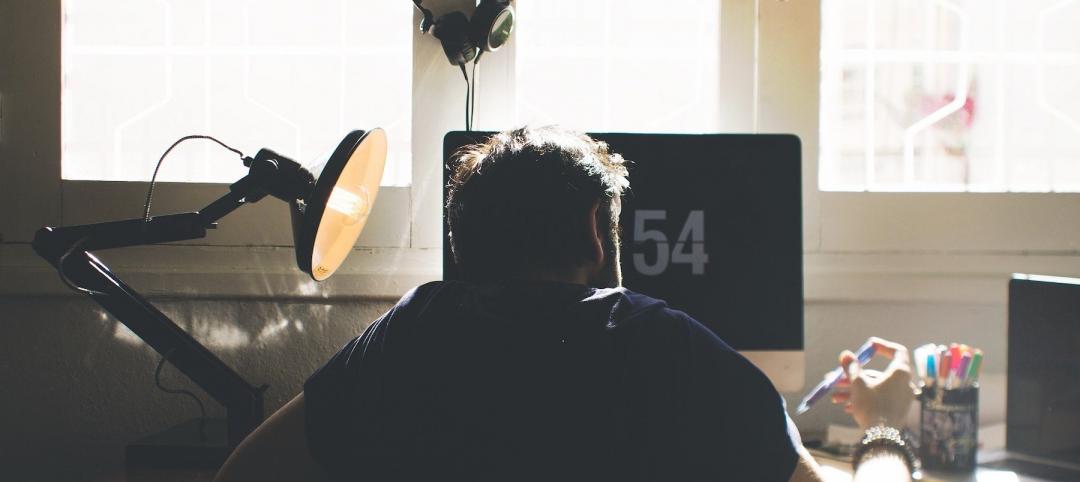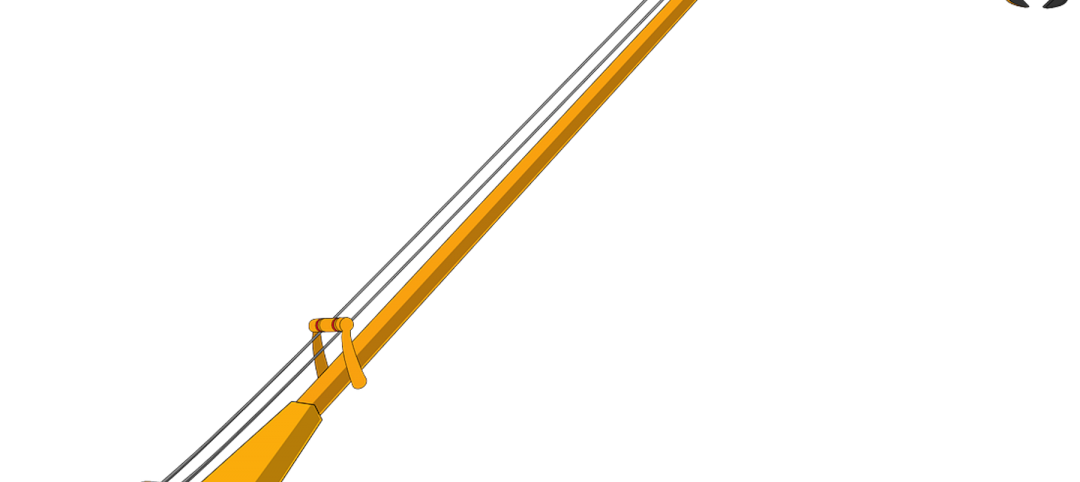AEC firms always talk about how they want their work to “change the world.” One firm, AECOM, is taking corporate responsibility to another level by providing financial support that empowers its employees to tackle humanitarian, environmental, and infrastructure challenges around the world.
AECOM’s inaugural Blueprint Travel Grant program, which it launched last month, awarded 25 grants to support projects that range from the installation of solar-powered water purification systems, to the design and construction of educational facilities in rural communities. This impact initiative spans 15 countries, with the purpose of bringing lasting, scalable solutions to communities and people in need.
The countries include Cambodia, China, Ecuador, El Salvador, Ghana, Guatemala, India, Kenya, Malaysia, Nepal, Panama, Philippines, Tanzania, Thailand, and Uganda.
While AECOM did not disclose its financial commitment to this program, it did state that it is making donations directly to nonprofit partners, for specific campaigns or projects, “to champion our employees’ participation in a skills-based volunteer trip service,” says Brendan Ranson-Walsh, the firm’s Vice President of Global Communications and Corporate Responsibility.
Responding by email to BD+C’s questions, Ranson-Walsh says that this program is the “cornerstone” of AECOM’s corporate responsibility platform Blueprint for a Better World, which has three core pillars: opening doors, creating opportunity, and protecting tomorrow.
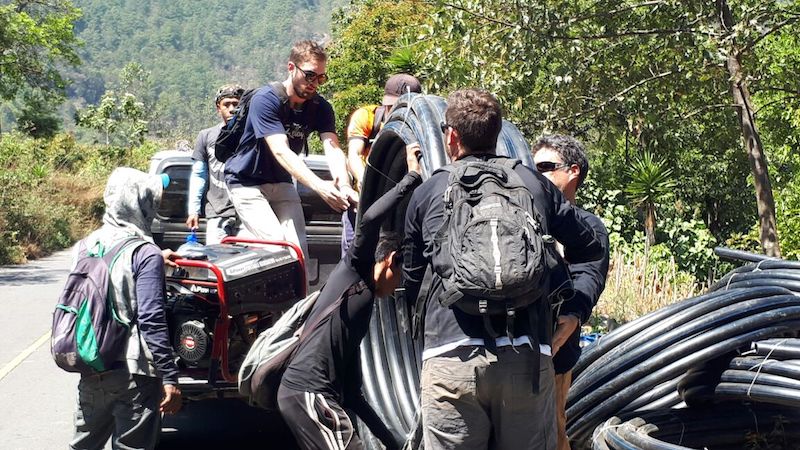
AECOM employees help load a section of pipe for transport to the work site in the nearby mountains in Chacayá, Guatemala, a small, Mayan village where coffee farming is the predominant industry. Weighing over 120 pounds each, the 100-meter rolls of pipe presented a significant challenge in hauling them up the steep mountain trail for installation. The community organized teams of 20 people to haul and install three-four rolls per day. Image: AECOM
Examples of the projects that AECOM’s employees are engaging, with the firm’s support, include:
•A team that’s partnering with Engineers Without Borders USA to design, engineer, plan, and construct a vehicular and pedestrian bridge for a Mayan community in Chimaltenango, Guatemala. The bridge would provide better access to the community, lower transportations costs, and improve medical response time for more than 1,200 residents.
•A team from 10 of AECOM’s offices in three countries is working with Building Humanity to construct a bakery for the Felix Family Village in Surat Thani, Thailand. That village supports orphaned and abandoned children, including those who have lost parents to HIV/AIDS. The bakery will provide food and extra income to the orphanage.
•Two AECOM employees are partnering with Engineers Without Borders Kenya to design and construct safe ecological sanitation facilities at the Inchuni Primary School in Kisii County, Kenya. The new facilities will address the school’s substandard and unhygienic sanitation infrastructure, and prevent the displacement of more than 500 students and faculty members.
“Through the transformational projects they deliver, our people are the driving force behind AECOM’s positive impact in communities around the world,” says Mike Burke, the firm’s Chairman and CEO.
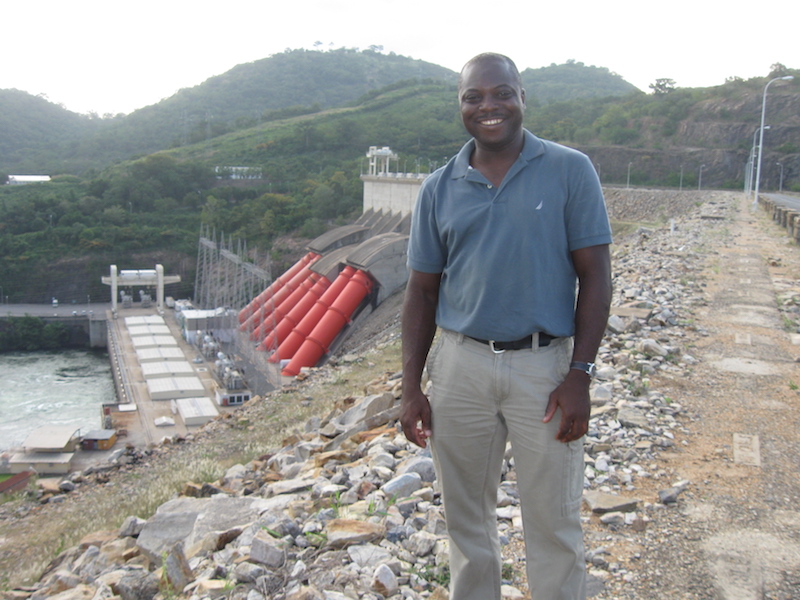
Edmund “Eddie” Doku, Project Engineer II, Design & Consulting Services, at a water and sanitation project in Ghana. Eddie has been volunteering with Engineers Without Borders USA since 2011. Image: AECOM
Related Stories
Libraries | Jun 21, 2022
Kingston, Ontario, library branch renovation cuts energy use to 55% of benchmark
A recent renovation of the Kingston (Ontario) Frontenac Public Library Central Branch greatly boosted energy and water efficiency while making the facility healthier and safer.
Building Materials | Jun 20, 2022
Early-stage procurement: The next evolution of the construction supply chain
Austin Commercial’s Jason Earnhardt explains why supply chain issues for the construction industry are not going to go away and how developers and owners can get ahead of project roadblocks.
Healthcare Facilities | Jun 20, 2022
Is telehealth finally mainstream?
After more than a century of development, telehealth has become a standard alternative for many types of care.
Building Team | Jun 20, 2022
Andres Caballero Appointed President of Uponor North America
Uponor Corporation (Uponor) has named Andres Caballero president of its Building Solutions – North America division and a member of the Executive Committee at Uponor.
| Jun 20, 2022
An architectural view of school safety and security
With threats ranging from severe weather to active shooters, school leaders, designers, and security consultants face many challenges in creating safe environments that allow children to thrive.
School Construction | Jun 20, 2022
A charter high school breaks ground in L.A.’s Koreatown
A new charter school has broken ground in Los Angeles’ Koreatown neighborhood.
Building Team | Jun 17, 2022
Data analytics in design and construction: from confusion to clarity and the data-driven future
Data helps virtual design and construction (VDC) teams predict project risks and navigate change, which is especially vital in today’s fluctuating construction environment.
Sports and Recreational Facilities | Jun 17, 2022
U. of Georgia football facility expansion provides three floors for high-performance training
A major expansion of the University of Georgia’s football training facility has been completed.
Building Team | Jun 16, 2022
Hybrid work expected to reduce office demand by 9%
Businesses are slowly but consistently transitioning to a permanent hybrid work environment, according to a senior economist at Econometric Advisors.
Building Team | Jun 16, 2022
USGBC announces more than 23 million square feet of LEED certified net zero space
Today, the U.S. Green Building Council announced nearly 100 net zero certifications earned under the LEED Zero program, representing more than 23 million square feet of space.


